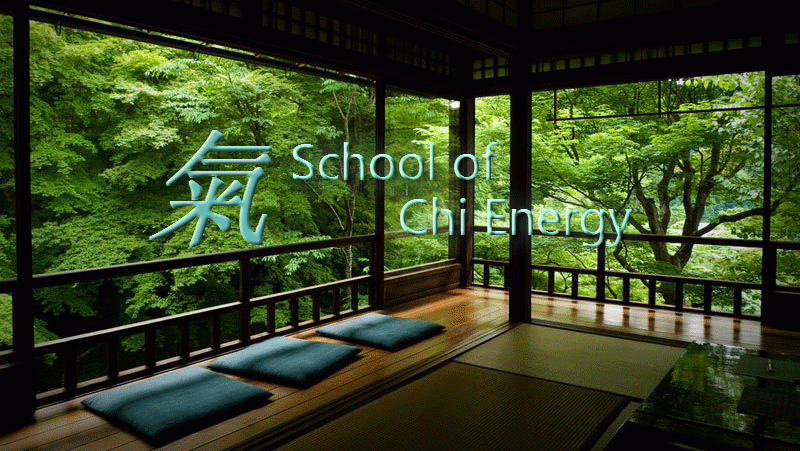The School of Chi Energy presents
How Meditation Benefits Everyone
A resource I find particularly valuable in my professional endeavors, the Harvard Business Review, has surprised me as of late, as several of their authors – many of whom are Harvard graduates and/or professors, have been penning articles on the many benefits of meditation. Two articles specifically caught my eye – one published via the Harvard Business Review and another article that was referenced by an HBR article, citing scientific research on meditation and the human condition by a team of researches at the Harvard Medical School.
In the article “Try Meditation to Strengthen Your Resilience”, Peter Bregman describes the concept of his awaking and recognition of his personal “Self” through meditation. “By Self, I don’t mean the person who was breathing, I mean the person who was watching the breathing. This is a little difficult to describe, so bear with me here. Your Self doesn’t change when circumstances around you change. You’re not a different person after a compliment than you are after an insult. You might feel different things after each, but you aren’t, essentially, a different person.”
What I find terribly interesting is the language used in Bregman’s post euphemistically mirrors that which head instructor for Sifu Jones of the School of Chi Energy uses in describing the Spirit Being. During Sifu’s Q&A session, it was asked how one recognizes their Spirit [Self]. According to Bregman’s HBR posting:
“One of the great gifts of meditation is that it exposes your Self. As it turns out, it’s surprisingly easy to find because it’s always there, watching…. You are not your thinking. You are the person watching your thinking. That little distinction is the difference between feeling your feelings and being them — and it’s critically important.”
Diving deeper down the rabbit hole of another HBR article on meditation, “Mindfulness Helps You Become a Better Leader”, I came across a link to the article “Health Benefits of Meditation Proven” which cited researched performed by a team of Harvard research scientists.
“What researchers at Harvard Medical School discovered is that, in long-term practitioners of relaxation methods such as yoga and meditation, far more ”disease-fighting genes” were active, compared to those who practiced no form of relaxation. The changes, say the researchers, were induced by what they call ”the relaxation effect”, a phenomenon that could be just as powerful as any medical drug but without the side effects.” [Anyone who has had the privilege of speaking with or listening to Sifu Jones can readily recall multiple instances when we’ve heard him gently remind all of us training under his tutelage that “this is a relaxation thing”. I can attest to this mantra, as I’ve heard those words when I began my journey back in 1998 – and it still rings true each and every day.]
The article “Health Benefits of Meditation Proven” lists a plethora of ailments from which we suffer as a society that the researches at Harvard Medical School have demonstrated are resolved at a genetic level via meditation. The list includes many challenges which are the subject of prescription drug commercials (whose side effects are often worse than the medical ailment being treated), for example: immune system issue; fertility challenges; irritable bowel syndrome; [high] blood pressure and; [chronic] inflammation.
All of this is goodness, to be sure, but the question remains: what, exactly, is meditation and, furthermore; of all the different types of meditations, which one(s) will offer the health benefits as mentioned in the articles?
Two definitions provided by Merriam-Webster on meditating provide an excellent starting point in answering the question of “what” does it mean to meditate:
• to engage in contemplation or reflection, and;
• to focus one’s thoughts on : reflect on or ponder over.
This sheds light on the confusion of the specifics of the act of meditating. Whereas many meditative practices instruct the adept to focus on his/her breathing, others are mantras to be repeated over and over with the focus on the syllables. Still others are guided meditations where images and senses are invoked from the perspective of the Self as described by Bregman.
The School of Chi Energy provides meditation instruction in such a way that the student guides him/herself via images and sensory queues with results that include the above mentioned health benefits while pushing the envelope of developing psychic abilities through bio-energy cultivation and development.
Whichever method of meditation you find most appealing, make sure you engage in your practice daily – so that it is truly a practice. As you move forward throughout your journey:
Be well; be mindful.
V/r
Sifu Brown MSIS [certified instructor] at the School of Chi Energy
